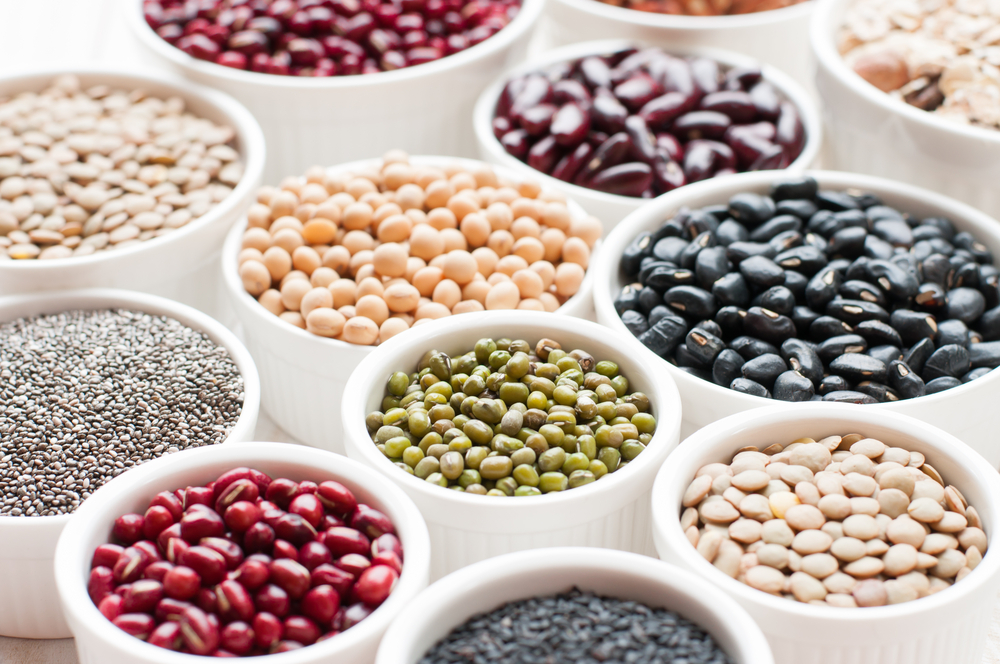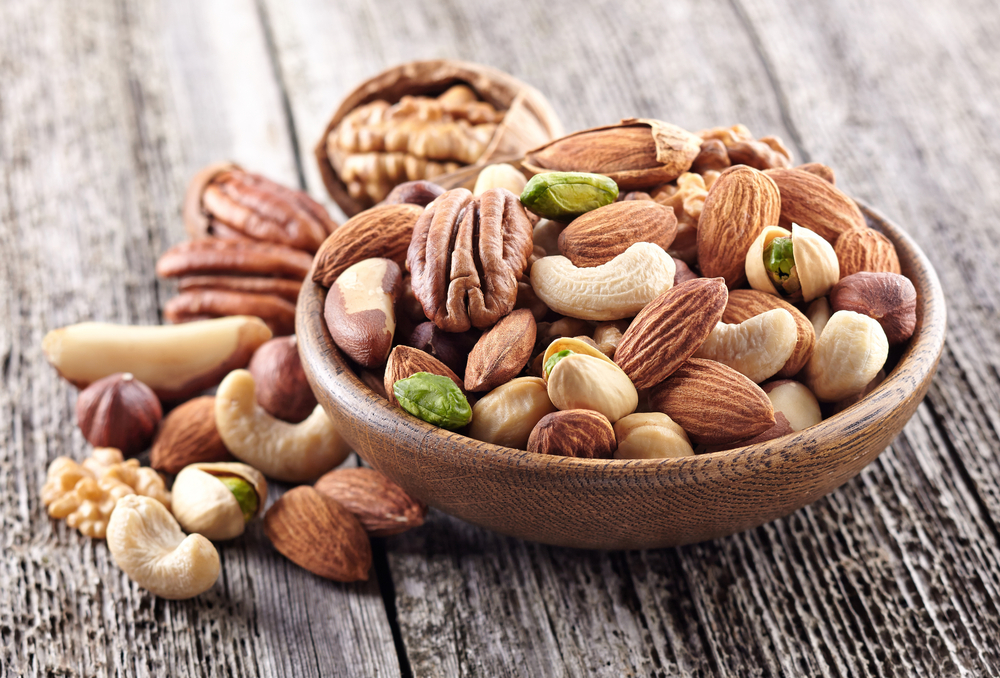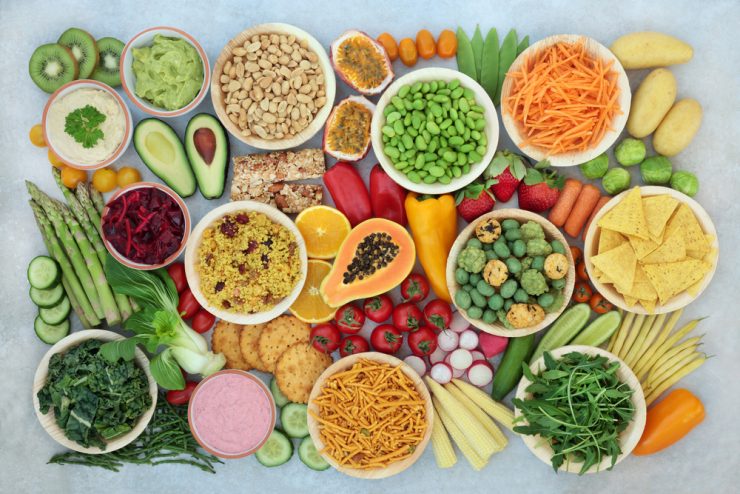Throughout National Vegetarian week (May 16th – 22nd), we’re being encouraged to go a week without eating any, or reducing intake of, animal produce, primarily for the sake of the environment and the fight against climate change.
Following a more plant-based diet has many benefits for your health too.
Clinical nutritionist Suzie Sawyer looks at three vegetarian food groups that can support your health and nutrition.
Beautiful beans

The words beans and legumes are often used interchangeably since all beans are legumes. However, not all legumes are beans! No matter, they are all super-healthy and provide some wonderful benefits. Be brave and don’t limit yourself. Enjoy all types of beans including soya, kidney, navy, black, lentils, chickpeas, peas, and don’t forget green beans too.
Essentially, they are all good sources of protein which the body needs daily to fulfil its many processes. As beans are also high in fibre, they’re great for balancing blood sugar, keeping energy sustained and helping to manage the body’s natural anti-inflammatory processes.
Beans are certainly heart-healthy too since their high fibre content helps keep cholesterol and blood fat levels in check. Plus, they’re a rich source of many heart-loving nutrients including potassium, vitamin B1, vitamin B3, calcium and magnesium. Importantly, beans are high in antioxidants which not only keep us looking young, but also protect our vital organs from oxidative damage.
Here’s a great recipe to help you embrace the week frmo BBC Good Food.
Fermented favourites

Vegetarians will often include soy produce in their diets, primarily for the protein content. However, not all soy is created equal and it’s important to eat products using dried and pre-soaked beans where possible. Soya protein isolate appears all too frequently in processed dishes and protein powders.
However, the real soy stars are fermented foods including tempeh, miso, tamari, fermented tofu, natto and tempeh. These foods have undergone a fermentation process with beneficial bacteria and fungi. This makes the foods very healthy for the gut but also for the brain, hormones, and heart, with much research to support their benefits.
These foods form the mainstay diets of East Asian populations. Fermented foods naturally provide isoflavones which balance hormones and have been found among their many health benefits to help women going through the menopause.
Go nuts!

People often say they eat nuts because they eat peanuts. However, peanuts are in fact not nuts but legumes. And unlike other legumes, they don’t provide the same wonderful health benefits. While peanuts are a good source of protein, they contain aflatoxins, which, as the name suggests, are toxic and make the liver work harder.
Instead, seek out real nuts that are grown on trees, such as almonds, hazelnuts, pistachios, Brazils and walnuts. They are all highly nutritious with their own specific health benefits. For example, research suggests that walnuts are very effective at reducing high blood pressure. However, all nuts are great for the heart and cardiovascular system.
Nuts are high in fibre so help maintain a smooth digestive tract, reduce inflammation throughout the body, balance blood sugar and are loaded with antioxidants. Clearly, nuts are high in calories overall, so while they should form a good part of the daily diet, eating bags and bags of them will potentially lead to weight gain. So always consider portion control.
Find out more about National Vegetarian Week by visiting their website.
























Add comment